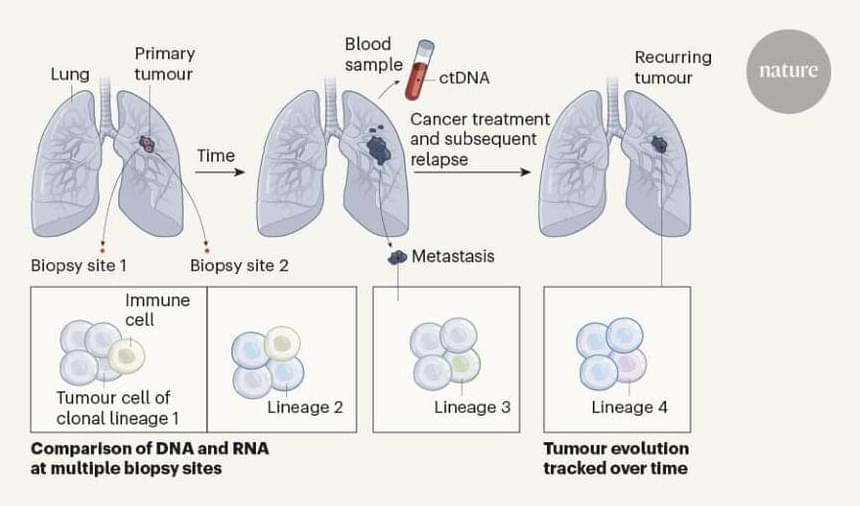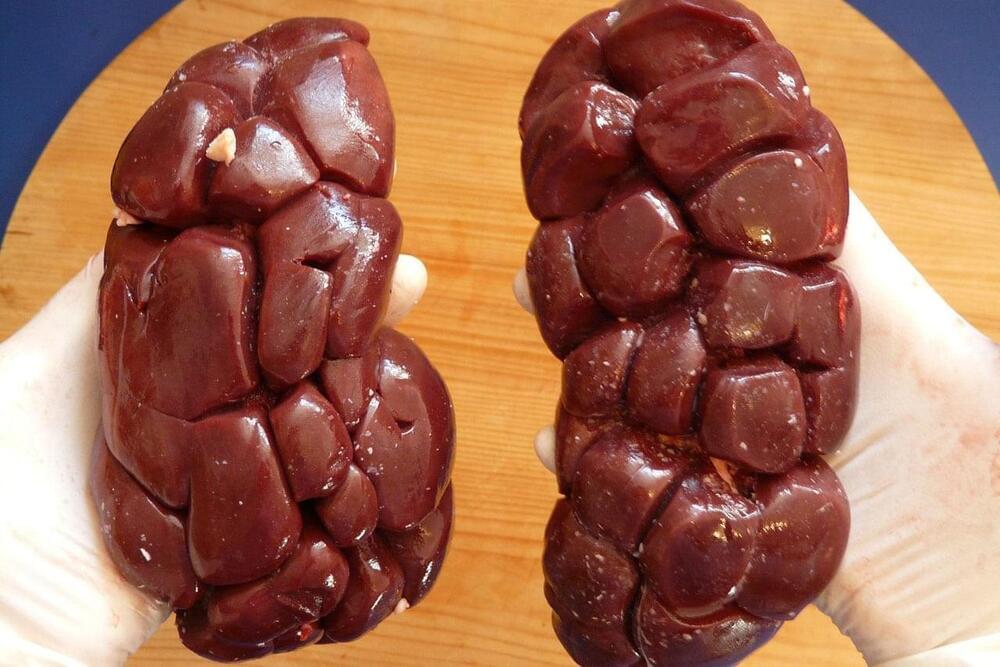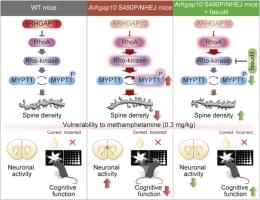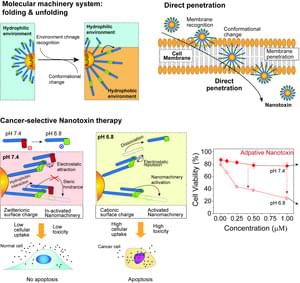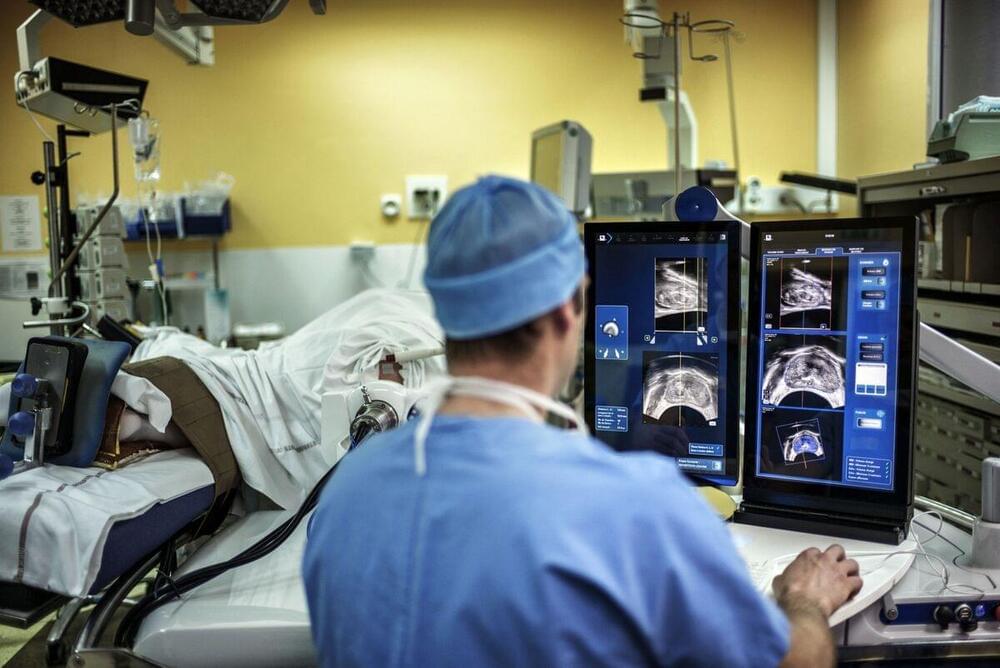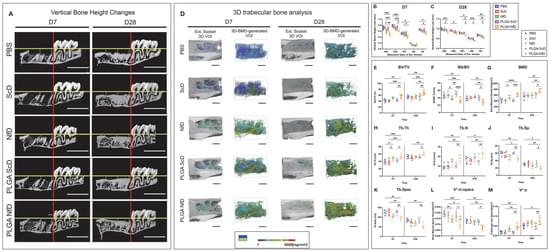Visit http://TED.com to get our entire library of TED Talks, transcripts, translations, personalized Talk recommendations and more.
The cells in your body are like computer software: they’re “programmed” to carry out specific functions at specific times. If we can better understand this process, we could unlock the ability to reprogram cells ourselves, says computational biologist Sara-Jane Dunn. In a talk from the cutting-edge of science, she explains how her team is studying embryonic stem cells to gain a new understanding of the biological programs that power life — and develop “living software” that could transform medicine, agriculture and energy.
Get TED Talks recommended just for you!
The TED Talks channel features the best talks and performances from the TED Conference, where the world’s leading thinkers and doers give the talk of their lives in 18 minutes (or less). Look for talks on Technology, Entertainment and Design — plus science, business, global issues, the arts and more. You’re welcome to link to or embed these videos, forward them to others and share these ideas with people you know. For more information on using TED for commercial purposes (e.g. employee learning, in a film or online course), submit a Media Request here: http://media-requests.TED.com.
Follow TED on Twitter: http://twitter.com/TEDTalks.
Like TED on Facebook: http://facebook.com/TED
